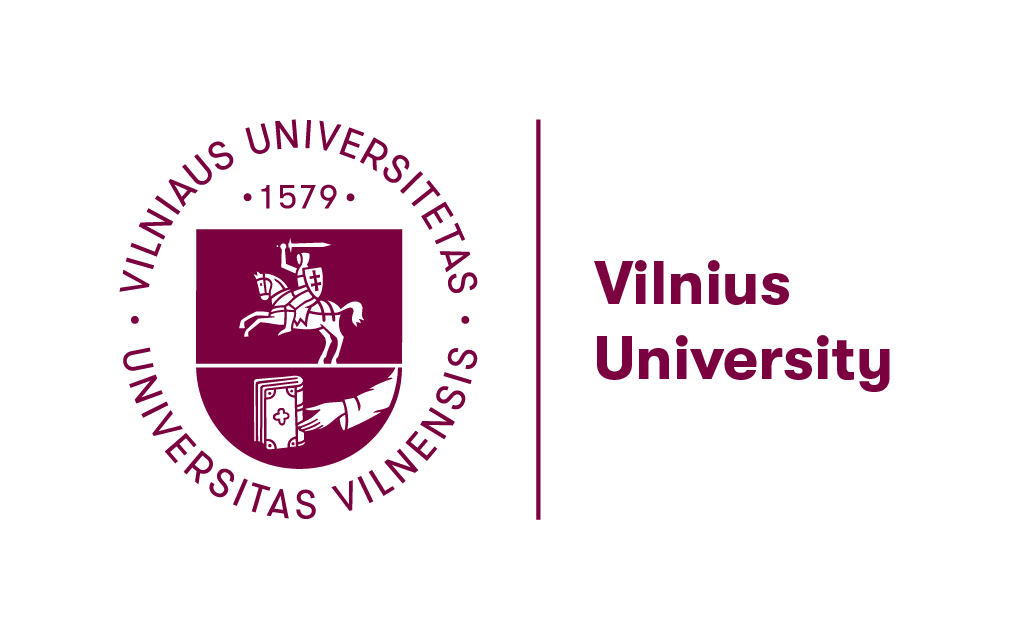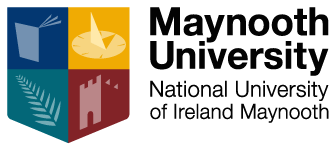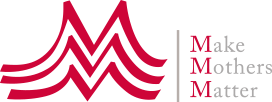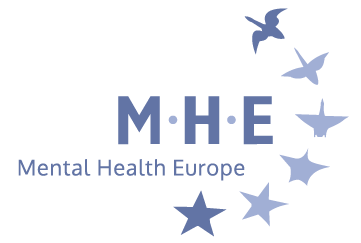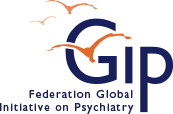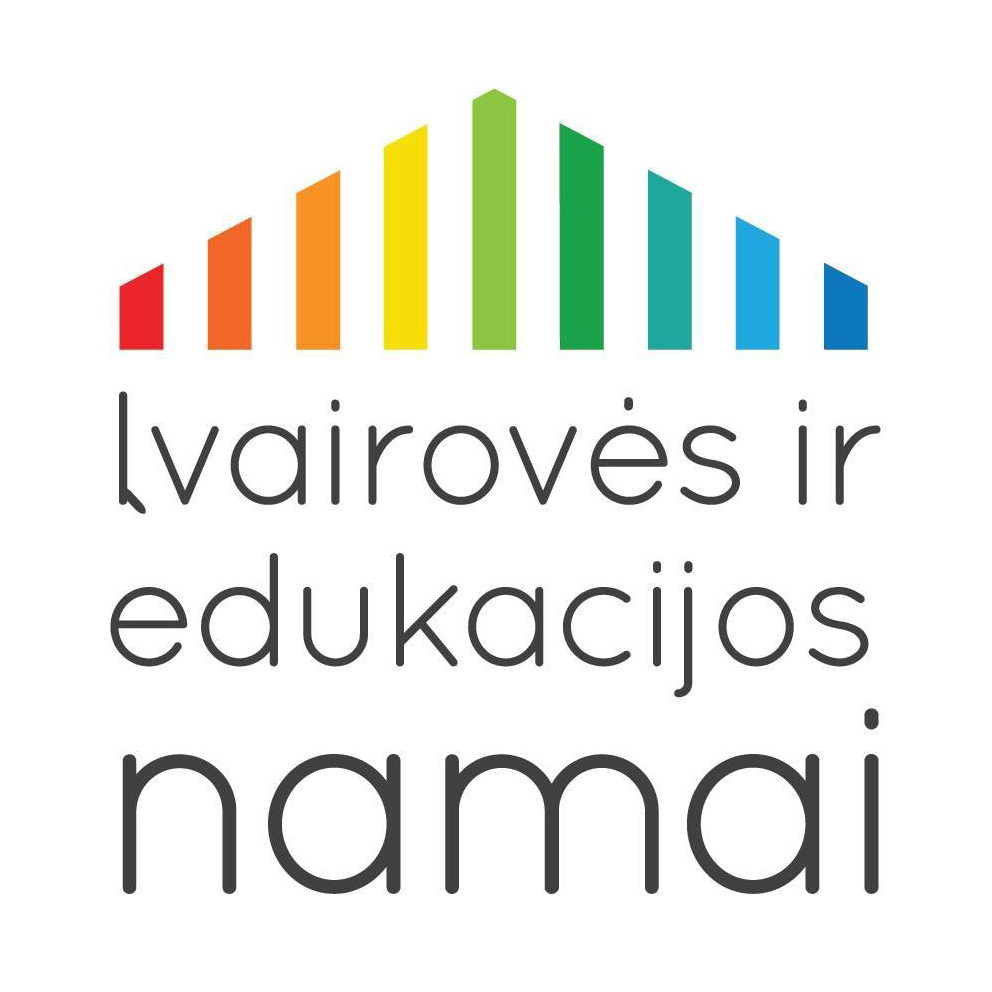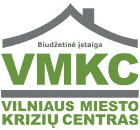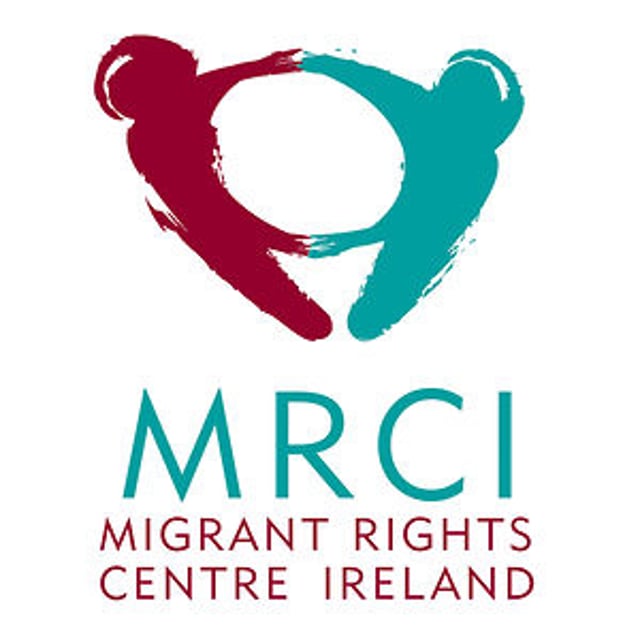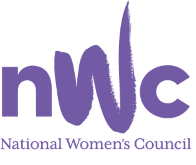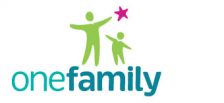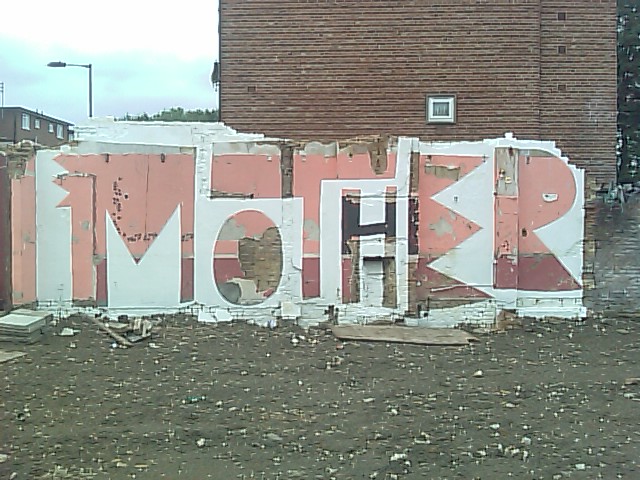“Developing a New Network of Researchers on Contemporary European Motherhood MotherNet” is a project that received funding from the European Union’s Horizon 2020 research and innovation programme under grant agreement No 952366.
There are very few human experiences that are shared by everyone on the globe, but everyone has a mother. Why then is this core and essential human experience so vastly under-researched? We know relatively little about how and why women chose to become mothers, or not, how they combine work with motherhood, how they narrate their experiences as mothers or how motherhood is narrated, how they see the stories told about them as mothers. We don’t yet understand what it means to be a marginalized mother, to be on the periphery because of ethnicity, or disability, or youth, or deprivation, or even discrimination. Across Europe, although we frequently examine migration and mobility, we don’t yet have a sense of how women translate their mothering across space and time, through languages and new cultures, reinventing the meaning of motherhood as they move. Nor is there yet a clear sense of emerging narratives of motherhood that respond to social, economic and political change or the contested meanings of motherhood that inevitably follow such changes. There is an urgent need for a European dialogue on what it means to mother.
Researchers from the Thinking Motherhood group (Vilnius University, Lithuania), the Mother Anyway Project (Uppsala University, Sweden) the Motherhood Project (National University of Ireland Maynooth, Ireland) are ready to begin to compare their current understandings, derived from their own nation states, with the complications and insights that are brought by considering other European states. Through the MotherNet project, we aim to generate a truly interdisciplinary network, with collaborative projects initiated between researchers in medicine and healthcare, the humanities, law, social studies, business studies and media and cultural studies.
MotherNet synergises ambitious research that offers deeper analysis and understanding of motherhood, involving interdisciplinary approaches from humanities, social sciences and medicine. It will create a platform for knowledge-sharing and skills development, transferring know-how between consortium members and to early-stage researchers working on motherhood. Furthermore, it will launch a mentoring programme based on broad array of disciplinary expertise. Finally, MotherNet will be a crucible for research engagement that transforms the capacity of all contributors while simultaneously transforming our knowledge of motherhood in Europe today.
The overall goal of the MotherNet project is to connect researchers from the VU Thinking Motherhood group with experts from the two partner universities and their research networks to stimulate innovative, cross-disciplinary, and policy-relevant research on motherhood in Europe.
MotherNet is a small consortium consisting of three universities, Vilnius University (Lithuania), Uppsala University (Sweden) and the National University of Ireland Maynooth. The project is coordinated by Vilnius University.

